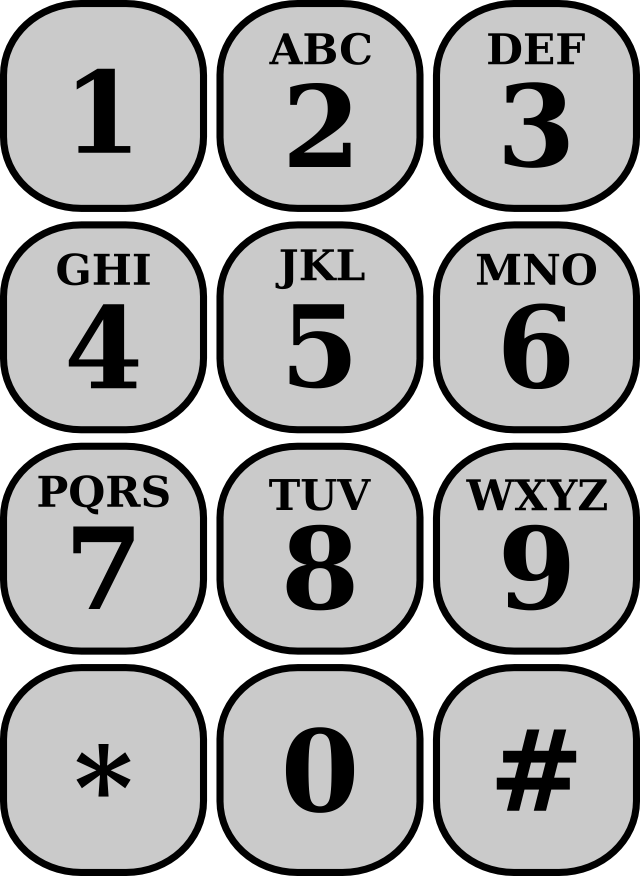A litigator friend of mine recently shared her frustration over being forced to mediate a case by phone. The mediation was being set up by a government agency, and the agency representative in question was not open to any alternatives, whether an in-person meeting or even online, using a video platform like Zoom or Microsoft Teams. Fearing constraints on her ability to advocate, my friend was inclined to write the process off in advance.
I tried to be reassuring, asking some questions about her case. How complicated are the facts? How strained is the relationship between the parties and party representatives? How many potential issues need to be resolved? Phone mediation is less common in our more involved commercial and employment matters, but that does not mean it is undesirable in every case. We have to tailor our dispute resolution strategy, considering when and how to structure a mediation in light of each case’s unique features.

This conversation led me to reflect on when we might prefer telephone mediation, and what we can do to make it effective. I’m thinking here of a mediation in which all of the parties participate by phone, versus instances in which everyone else is present in person and one or two representatives may need to participate by phone.
The process proceeds as a normal mediation, with the same protections of confidentiality and the same important introduction and establishment of ground rules by the mediator. After the telephonic joint session, the mediator will then conclude the call and work by phone individually with the parties.
To start with preference, in almost all cases, if the alternative is no mediation, or conducting it by phone, I tend to prefer going ahead and mediating. Where cost is a concern, including where the amount at issue would make travel associated with mediation prohibitive, I would also consider telephone mediation.
Complexity matters: If the case is more straightforward, with less need to work with documents or demonstratives, a phone mediation can be well-suited. A special case is wrapping up a non-yet-concluded in person mediation; with most of the work accomplished, the mediator will sometimes need to work out a final detail or details by phone.
The quality of the parties’ relationship is a factor, too, though one that does not consistently point one way or the other. In certain business disputes, where the issues are economic, and especially where there is a longer and perhaps ongoing business relationship, a phone negotiation may feel quite natural to the parties. On the other side of the scale, there are some cases in which bad blood or eroded trust have reached an extreme point, and the parties do not want even to be physically present in the same location. They may prefer the separation that a phone call provides and relatedly, may be resistant to being together even virtually, on video.
Exceptions aside, though, in most cases now, online dispute resolution can accomplish the same goals, and will fit in the same circumstances, as phone mediation.
And as far as the likelihood of settling the case goes, in a phone mediation as with ODR, “before anything else, preparation is the key to success.” Just as in ODR, we consider the professionalism of our background and make sure the video feed and audio are clear, on a phone mediation we have to be mindful of the greater role our voice and speech play. That means considering especially carefully our clarity, emphasis points, and overall vocal energy. If the mediator will need background and documents, she should receive them in the form of a mediation statement enough in advance of the mediation to be reviewed. And even if the mediation is phone only, key material including demonstratives can be e-mailed to the mediator during the mediation as well.
I’ll be interested to see how my friend’s mediation turns out. The data I’ve seen, and my own experience, suggest that telephonic mediation has a definite place. That place will be smaller now owing to the new prevalence of ODR, though there will continue to be situations where, like the agency scenario I mentioned, there is some resistance to ODR, or where there technology imbalances or other impediments to ODR make phone mediation necessary. And communication habits can be slow to change. Speaking of which, the quote about preparation and success came from Alexander Graham Bell–whose related prediction that people would one day use invention to communicate by video image took 150 years to be realized!
